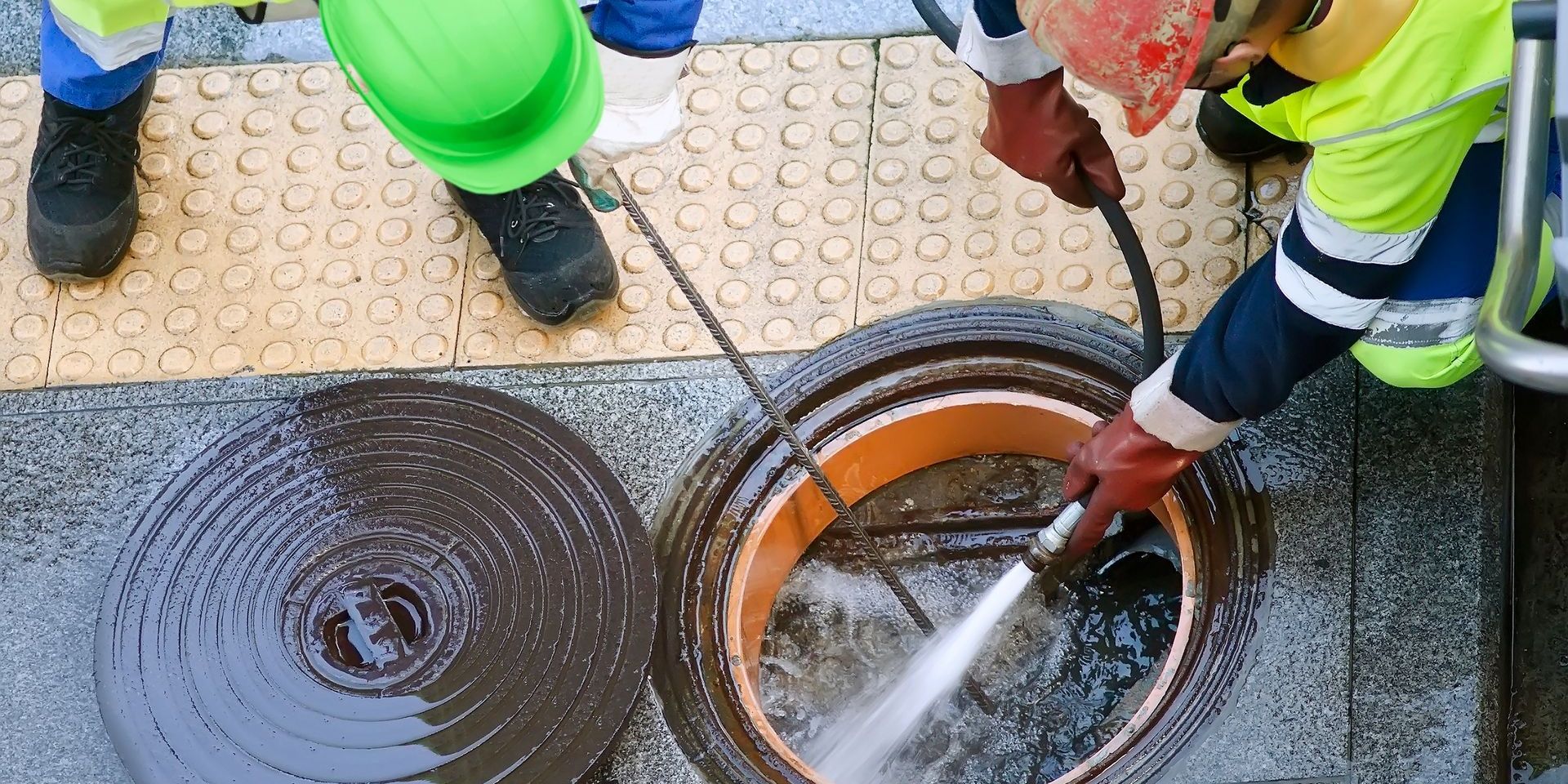Sewage System Maintenance

Extend the Life of Your System
Proper maintenance of your sewage system is essential to ensure its longevity and optimal performance. By following these practical tips, you can reduce the risk of costly repairs and keep your system functioning smoothly:
1. Pump Your Tank Regularly
Schedule a professional pumping service every 2-3 years to prevent solid waste from clogging lateral lines and obstructing fluid movement. For Class I tanks, follow the manufacturer's recommendations for pumping intervals.
2. Check and Clean the Outlet Filter
Inspect your sewage tank's outlet filter every three months and clean it as needed. This helps to maintain proper flow and avoid potential blockages.
3. Be Mindful of What You Flush
Only flush human waste and toilet paper. Items like wipes, sanitary products, or paper towels can cause clogs and increase the frequency of tank pumping.
4. Avoid Using a Garbage Disposal
Dispose of food scraps, grease, and eggshells in the trash rather than through a garbage disposal. These materials can lead to blockages in your lateral lines and increase the need for tank maintenance.
5. Opt for Liquid or Low-Phosphate Detergents
Powdered or high-phosphate detergents can solidify in the system and block flow. Use liquid detergents and fabric softener sheets instead. Avoid liquid fabric softeners when possible.
6. Upgrade to a Water-Saving Laundry Machine
Front-loading washers use significantly less water than traditional top-loading machines, reducing the strain on your system.
7. Protect Your Lateral Lines
Avoid driving or parking over your lateral lines to prevent soil compaction, which can reduce absorption capacity.
8. Keep Animals Off Lateral Lines
Grazing or pasturing animals over the lateral lines can compact the soil, diminishing its ability to absorb wastewater.
9. Manage Excess Water Runoff
Ensure that roof drains, tile drains, or other sources of excess water do not flow over your lateral lines. Oversaturated soil can lead to effluent surfacing.
10. Limit Chemical Toilet Cleaners
Most chemical toilet cleaners contain chlorine, which can harm beneficial microorganisms that break down sewage. Use these products sparingly.
11. Redirect Water Softener Discharge
Route water softener discharge away from the sewage system. Sodium, commonly used in softener systems, can hinder soil absorption.
12. Inspect Toilet Flappers Regularly
A leaky toilet flapper can allow excess water to enter your system unnoticed. To check, add food coloring to the tank. If the color appears in the bowl without flushing, the flapper needs replacement.
By incorporating these simple practices into your routine, you can extend the life of your sewage system, prevent environmental issues, and save money on repairs. Regular attention to maintenance ensures a clean and efficient system for years to come.
Additional Services
Need Assistance?
Have questions or need guidance? Our team is here to help! Reach out today and let us support your health and wellness journey.
Contact Us
info@andrewcountyhealth.com
106 North 5th Street, Savannah, Missouri 64485, USA
- Mon - Fri
- -
- Sat - Sun
- Closed



